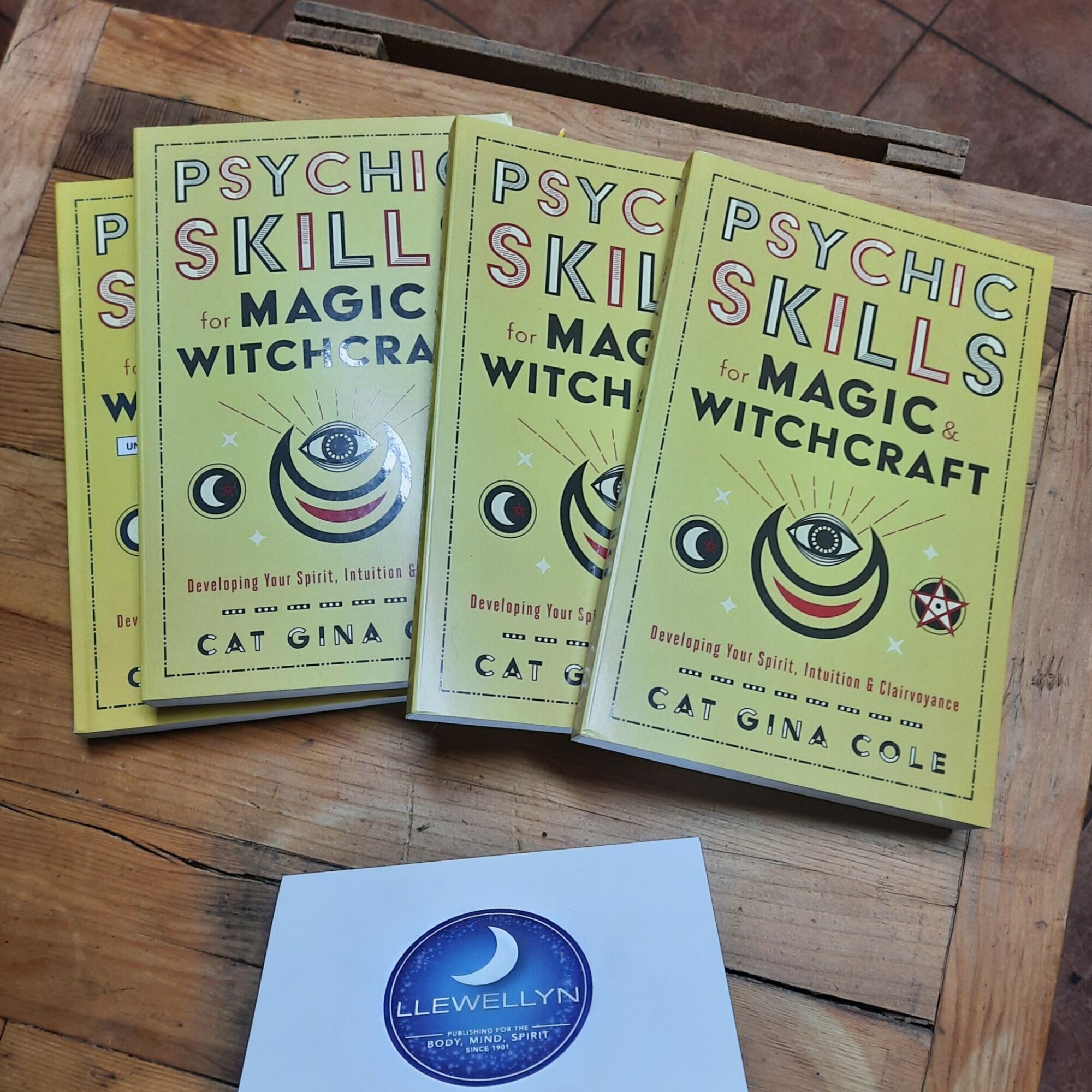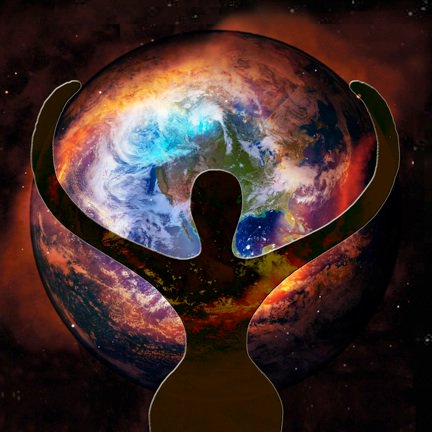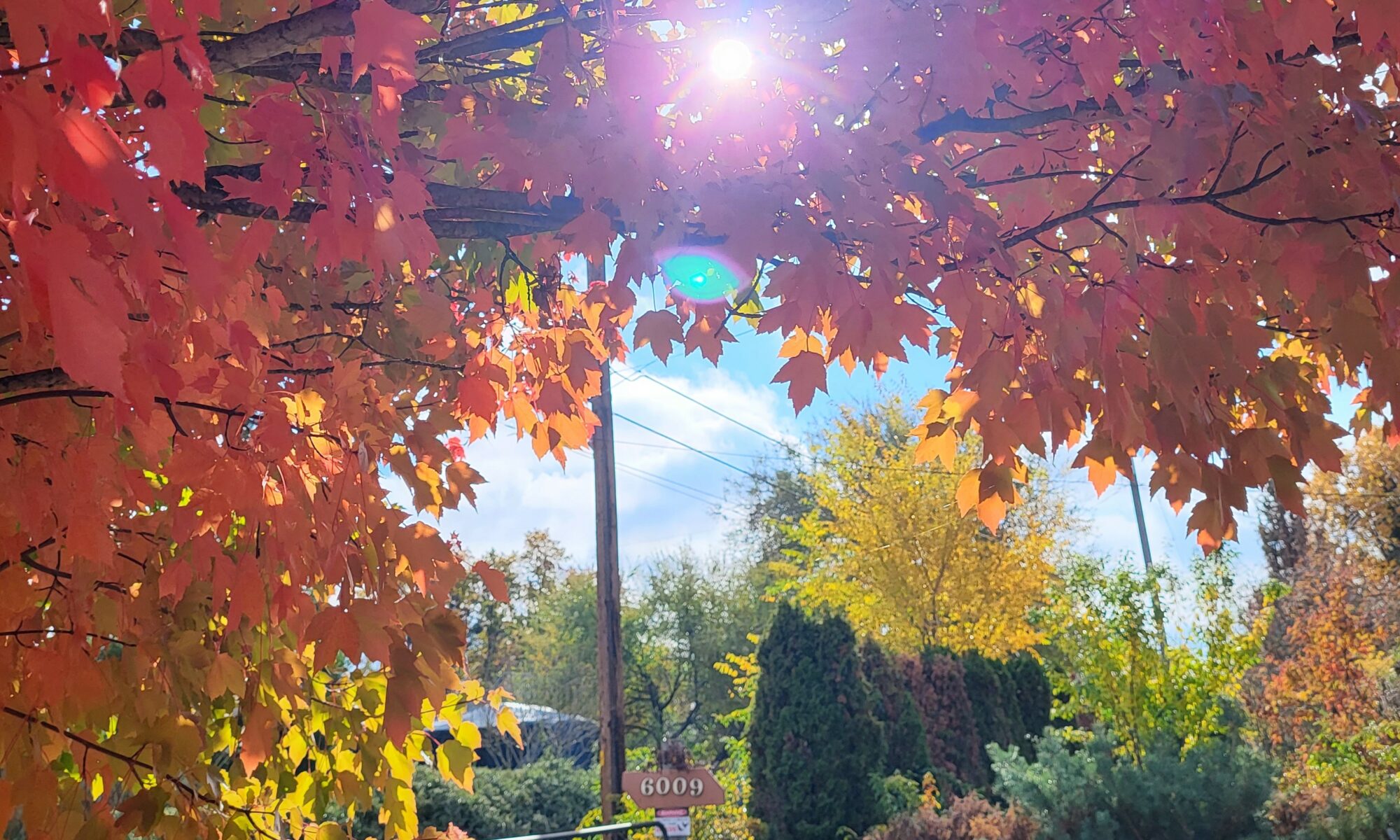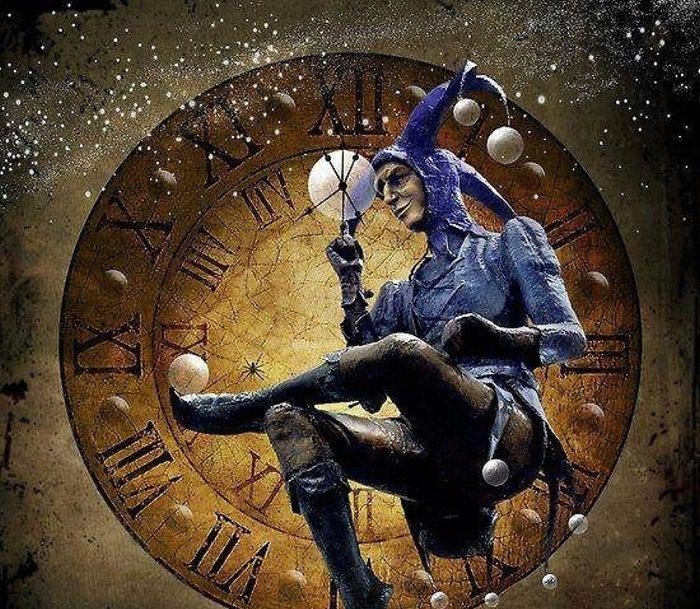Sometimes the voices of the past need to be heard again, and Dr Leo Martello is one I find needs to be heard, given our current times. Dr Leo Martello was born in 1930. The time he was born into was difficult, and he did not have the best of times growing up either. But he did not let that keep him or his voice stilled. He grew up to become one of the first Gay Pagan Priests of the time, and his voice and opinions were strong and unpopular. I can only imagine what his voice would be saying now.
There is a lot of published negative speculation about Martello’s credentials and his Witchcraft line. One needs to remember his was a time when many covens and family lines were secret, therefore unable to be “verified”. Although aware that historians had criticized the witch-cult hypothesis of Margaret Murray, Martello also stood by her claims, believing that Witchcraft had been passed through oral tradition and thus evaded appearing in the textual sources studied by historians.
Which, in a way, is true if you consider that anyone who was not of the Abrahamic faiths was considered Pagan. I myself come from such a line and was sworn to secrecy in 1972. What is important is not his credentials, but the way he lived and his words that proved him to be an outstanding Witch in the community, and the community loved him.
“Where do I begin to write about a legend? A man who gave tirelessly of himself for the fight for human rights, animal rights, gay and lesbian rights, and for Witches worldwide to worship in complete freedom? Leo Martello was an amazingly compassionate man. He never turned away anyone who genuinely needed his time and effort in the pursuit of a just cause. He fought long and hard for the freedom of Witches and Pagans.”
— Lori Bruno, Martello’s friend and co-founder of the Trinacrian Rose Coven, 2002.
In 1969, the Stonewall Uprising in New York was the catalyst for the Gay rights movement. It was a series of spontaneous demonstrations by members of the LGBT community in response to a police raid on the Stonewall Inn in New York City.
Prior to this uprising, it was illegal to be gay, it was illegal for Gays to display affection in public or to wear non-gender-appropriate clothing, or to be served alcohol. This is when illegal clubs came into being, where gays could safely gather and enjoy themselves. The Stonewall Inn was one of those illegal clubs, and why the police raided it.
The six-day event involved patrons and residents resisting police harassment in a pivotal moment of community organization and defiance against a backdrop of widespread social discrimination and legal persecution of LGBTQ+ people.
After the Stonewall riots, Martello – himself a gay man- involved himself in gay rights activism, becoming a member of the Gay Liberation Front (GLF). Leaving the GLF following an internal schism, he became a founding member of the Gay Activist Alliance (GAA) and authored a regular column, “The Gay Witch”, for its newspaper.
In July of 1969, Martello attended an open meeting of the Mattachine Society’s New York branch. The Mattachine Society was a secret, early LGBTQ+ rights organization founded in Los Angeles in 1950, inspired by a medieval French masque troupe that satirized social conventions. Led by figures like Harry Hay, its goals included challenging anti-gay discrimination, educating the public, and providing a support system for homosexual men during a time of intense legal persecution and social stigma.
The society’s work involved initiatives like advocating against police entrapment, providing legal advice, and publishing ONE Magazine, the first widely distributed gay publication. Martello was appalled at the Society’s negative reaction to the Stonewall riots. He rejected the categorization of homosexuality as a mental illness and found that idea to be self-loathing for all Gays. Shortly after, he published his thoughts in an essay that stated, “homosexuality is not the problem itself. The problem is society’s attitude towards it.”
The gay rights activists who also rejected the Mattachine Society’s approach, and who favored a confrontational stance against the police and authorities, then founded the Gay Liberation Front (GLF), with Martello elected the group’s first moderator. Martello supported the GLF’s stance that condemned “this rotten, dirty, vile, fucked-up capitalist conspiracy” that dominated American society, and he volunteered by producing articles both for the group’s newsletter Come Out! and for the wider press.
Martello believed in Pagans being activists and in the dissemination of the news. He was involved in the GLF’s campaign against The Village Voice, a pioneering weekly alternative newspaper in New York City, founded in 1955 by Dan Wolf, Ed Fancher, and Norman Mailer. Martello was against their decision to ban the word “gay” from advertisements and magazines, and their preferred term “homophile.” Which had also been used by the Mattachine Society. Wanting to break from previous gay liberation organizations, the GLF embraced the term “gay”, with Martello dismissing “homophile” as sounding like a nail file for homosexuals.
Later in 1969, the GLF was restructured and became the Gay Activist Alliance (GAA). Although continuing the GLF’s emphasis on taking a confrontational approach to conventional American society and authority, the group was more tightly organized and focused exclusively on attaining equal rights for gay and lesbian people. The businessman Al Goldstein agreed to invest $25,000 in the GAA’s new venture, a newspaper written by, and aimed at, the country’s gay community. It was launched in December 1969 as GAY, and it soon gained a readership of 25,000. Martello contributed a regular column known as “The Gay Witch.”
In 1970, Martello founded the Witches International Craft Associates (WICA), a coalition of many covens and traditions, and under its auspices organized a “Witch In” that took place in Central Park on Halloween 1970, despite opposition from the New York City Parks Department. To campaign for the civil rights of Wiccans, he then founded the Witches Anti-Defamation League, an organization of those who take action when adverse, untrue, or dishonest and discriminatory statements are made about Witches in the media by writing protest letters. The Witches Anti-Defamation League was later renamed the Alternative Religions Education Network.
In November 1972, Martello lectured at the first Friends of the Craft conference, held at New York’s First Unitarian Church. In April 1973, he moved to England for six months, where he was initiated and trained in the three degrees of Gardnerian Wicca by the Sheffield coven run by Patricia Crowther and her husband, Arnold Crowther.
Martello continued to encourage acceptance of homosexuality within the Pagan and Witchcraft community, authoring an article titled “The Gay Pagan” for Green Egg magazine. In which he expressed the view that homophobic Wiccans were “sexually insecure.” He was also among the prominent male Pagans to endorse feminist and female-only variants of Wicca, such as the Dianic Wicca promoted by Zsuzsanna Budapest. Martello defended the growing rise of feminists in Wicca, criticizing what he deemed to be the continual repression of women.
In the 1970 W.I.C.A. Vol 1 newsletter by Martello, He writes, “Like other minorities, Witches have been the dumping ground of other people’s garbage. In medieval times, the only liberated woman was the witch. She slept with whom she pleased. She was a threat to the church and the establishment.
Unlike other religions, witchcraft has always held the woman in high esteem. Martello writes, “Witches have to define themselves; challenge the stereotyped roles forced on them. Witches must learn to like themselves and each other and no longer give the establishment the sanction of the victim or permit the age-old tactic of divide and conquer. Say it loud, I am a Witch and I am proud!
Written on the bottom of this same newsletter was another belief of Martello’s: “Live and let live, let each witch do their own thing based on concept, ‘harm none, ‘ but with the right to self-defense. Traditionalists would be wise to remember that covens have always been autonomous and independent.”
Martello was also critical of Wiccans who espoused a division between white magic and black magic. Commenting in his newsletter that it had racial overtones and that many of those advocating such a view were racist. “White witches are assumed to be good and black witches bad. But there are white witches that are bad and black witches that are good. The use of white to denote good and black to denote bad is a form of unconscious racism and part of the Judeo-Christian brainwashing. If a witch is going to claim they only do good, then say I am a good witch and stop using white as a synonym for virtue, it is not tradition, and it is not a substitute for truth. In today’s context, using black and white is ill-advised and outdated.”
What is important is the focus on how pagans, Witches, Gays, and Women have been treated, and remembering those who were our voice. The people and voices of the past, their actions, and words gave us the blueprint for standing up for our rights in current times. They are how we came to have the rights we do, for without them, we would still be in the closet and even more persecuted than we currently are. So hail to the unquiet Dr. Leo Martello, who was one of many who blazed the way for us now.









